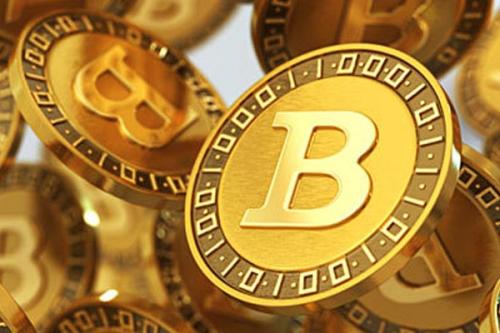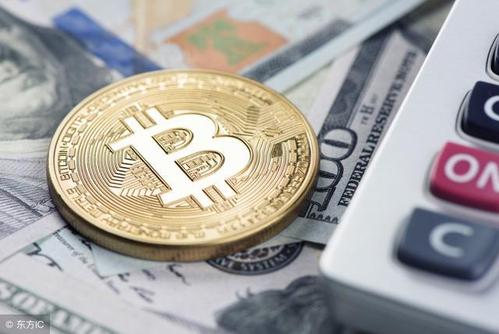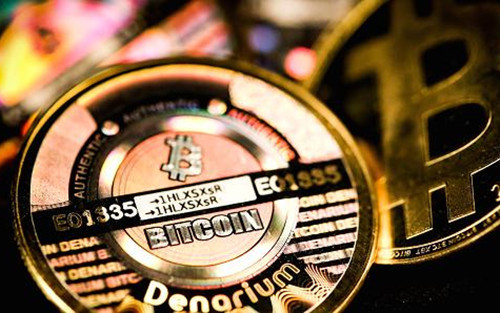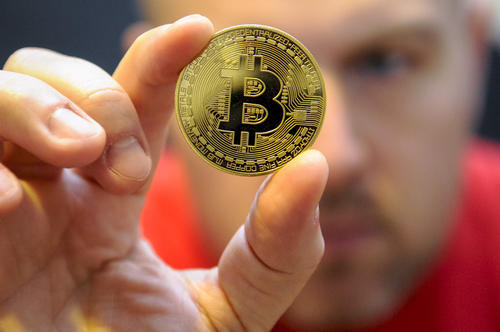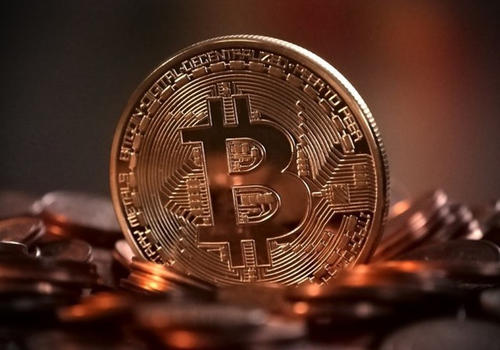William Hinman, the head of the financial division of the U.S. Securities and Exchange Commission (SEC), announced that the SEC plans to introduce a "plain English instrument" to help developers determine whether their cryptocurrency products are securities. The classification of ICOs as securities or a new type of financial market has forced the SEC to re-examine ICOs. According to a report by CoinDesk on November 5, Hinman stated at the U.S. SEC Fintech Week conference that the SEC plans to introduce a "plain English instrument" to help developers determine whether their cryptocurrency products are securities. However, the release date of this guide is still unknown. Hinman pointed out that if developers are still unsure whether their token products are securities, they can contact the new SEC FinHub (Strategic Center for Innovation and Financial Technology), which aims to provide quick feedback on securities and securities issuance issues. In addition, after determining whether their products belong to securities, they will receive guidance on "how to register" and "how to conduct exempt offerings." He also stated that the guidance will involve secondary market transactions, aiming to provide developers and entrepreneurs with a clear understanding of how the SEC views the market after the initial issuance of tokens. When asked how the SEC might define token issuance as security issuance, Hinman stated that the agency will focus on factors such as expected investment returns. He further explained that if someone issues (financial) instruments to a third party for fundraising or other considerations, and that third party expects a return or something that can increase the value of the tokens, that is an expectation of return, and in such cases, it is usually considered a security issuance. Hinman's explanation inevitably brings to mind the previous DAO incident. In July 2017, the SEC issued a report on the DAO, stating that the project's ICO was a securities sale and violated securities laws. The DAO was created by Slock.it and its co-founders, who raised capital by selling tokens to investors and used it for investment "projects" to make a profit. However, when the tokens were just sold and there was no time to invest in projects, a hacker stole about one-third of the DAO's assets using a code vulnerability. To cope with this crisis, Slock.it and its co-founders took measures in a timely manner, allowing token holders to request a refund of their investments. It is said that the project raised $150 million through the ICO, making it the largest ICO crowdfunding project at the time. In this case, the SEC believes that investors have a reasonable expectation of returns on their token investments due to the venture capital activities of the DAO. Therefore, the SEC determined that the fundraising activities belong to the category of "securities transactions". In other words, TheDAO's issuance is subject to the same regulatory principles as the initial public offering (IPO). This was the first time that U.S. regulatory agencies issued guidelines specifically for ICOs, a new financing method. At the time, the SEC also explicitly stated that securities laws could apply to certain token sales. The source of ICO regulation: the DAO's ICO violated securities laws. So why does the SEC go through such great lengths to introduce an English guide and seek guidance from specialized institutions if securities laws apply to token sales? It is understood that the SEC's definition of "securities" comes from a ruling in the SEC v. W.J. Howey Co. case in 1946, and this definition is also known as the "Howey Test". U.S. securities laws and regulations define the following three types of investment products as securities: 1. Investment products that are generally considered to be securities, such as company stocks and bonds. 2. Other investment products designated as securities, such as "revenue rights for investment in oil, natural gas, and other minerals". 3. All other "investment contracts" recognized by government agencies as having security attributes. Regarding the third point, "investment contract" is a broad term, and the Howey Test provides further requirements, stating that an "investment contract" should meet the following four conditions: 1. Investors contribute cash or its equivalent. 2. All contributions are pooled in the same project or fund. 3. Investors have an expectation of profit, meaning the purpose of investment for many investors is to make a profit. 4. Profits depend solely on the efforts or operations of the sponsor or a third party. In short, under the "Howey Test", if a financial activity involves investment and has a predictable return, the subject can be considered as a "security". As of now, the "Howey Test" remains the authoritative standard used by the SEC to determine whether a specific investment contract is a security. However, it should be noted that the emergence of cryptocurrency and ICOs has had some impact on the existing fiat currency and financial systems. The SEC's introduction of a plain English guide may be due to the increasing number of companies applying for ICOs and the need for further optimization in understanding and implementing the rules of the Howey Test.




